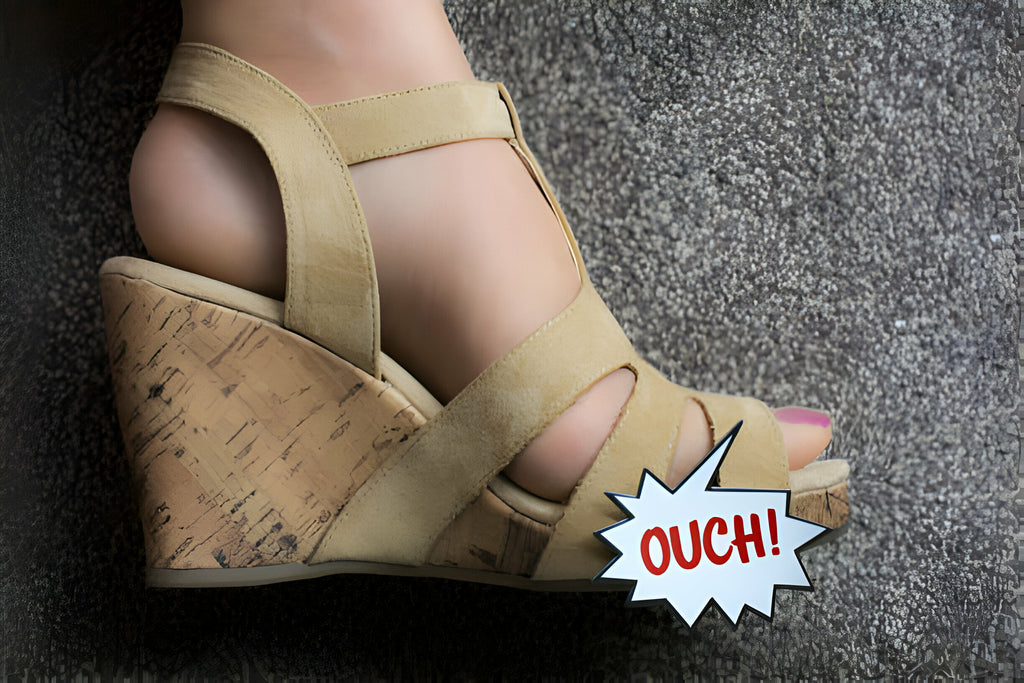Orthotics, also known as shoe inserts, have become increasingly popular in recent years. They are designed to support, comfort, and improve the alignment of the foot and ankle, potentially impacting overall body mechanics. However, with this growing popularity comes a rise in misconceptions and myths surrounding their use.
This article aims to shed light on the truth behind some of the most common orthotic myths, empowering you to make informed decisions about your foot health.
Some Frequently Asked Questions
- ◄1. What are the 3 types of orthotics?
- There are three main types of orthotics:
a. Custom-made: These are the most precise and are created based on a mold of your foot.
b. Over-the-counter: These are readily available in stores and offer general support, but may not be as effective for specific needs.
c. Pre-fabricated: These are designed for specific activities like running or walking and offer targeted support. - ◄2. Should I wear orthotics all day long?
- The recommended duration of orthotic wear depends on your specific situation.
a. For some conditions like injuries, you might only need them temporarily.
b. For chronic conditions, they might be recommended for long-term wear.
c. Always consult a healthcare professional for personalized guidance. - ◄3. Are orthotics permanent solutions for foot problems?
- Orthotics are not a permanent solution, but rather a management tool.
a. They help manage symptoms and improve alignment, but they don't "cure" the underlying problem.
b. In some cases, orthotic use may be reduced or discontinued over time.
Myth #1: Orthotics are only for people with foot problems.
Fact: Orthotics can benefit a wider range of individuals than those with existing foot problems. While they can certainly help address specific conditions like plantar fasciitis, heel pain, or flat feet, they can also be valuable for individuals who:
- Stand or walk for extended periods: Orthotics can provide additional support and reduce fatigue in the feet, legs, and back.
- Participate in high-impact activities: Orthotics can help absorb shock and improve stability, potentially reducing injury risk.
- Have concerns about their posture or gait: Orthotics can gently guide the foot into a more optimal position, potentially improving overall body alignment.
Myth #2: Orthotics are a one-size-fits-all solution.
Fact: Orthotics come in various types and materials, each designed to address different needs and conditions. A qualified podiatrist or other foot specialist can assess your individual needs and recommend the most appropriate type of orthotic for you.
Some common types of orthotics include:
- Over-the-counter orthotics: These are readily available in stores and pharmacies but may not offer the level of customization or support needed for specific conditions.
- Custom orthotics: These are created by a healthcare professional based on a mold of your foot, ensuring a perfect fit and addressing your unique needs.
- Functional orthotics: These focus on improving foot function and addressing biomechanical issues.
- Accommodative orthotics: These offer additional comfort and support for specific foot conditions.
Myth #3: Wearing orthotics will weaken your feet.
Fact: This is a common concern, but there is no evidence to suggest that properly fitted orthotics weaken the feet. They can help strengthen the muscles by providing support and taking some of the stress off the foot and ankle. However, it's crucial to follow your healthcare professional's advice regarding usage and gradually increase wear time to avoid any discomfort or muscle weakness.
Myth #4: Orthotics are uncomfortable and bulky.

Fact: Advancements in material and design have led to the creation of comfortable, low-profile orthotics that can easily fit into most shoes. While some initial adjustments may be necessary, properly fitted orthotics should not cause discomfort or impede daily activities.
Myth #5: You can get the same benefits from store-bought inserts as from custom orthotics.
Fact: While over-the-counter inserts can offer some general support, they may not be as effective as custom orthotics in addressing specific foot problems or biomechanical issues. Custom orthotics are specifically designed to address your unique foot anatomy and needs, providing a more targeted and potentially more effective solution.
Making Informed Choices about Orthotics
If you are considering using orthotics, it is essential to consult a qualified healthcare professional, such as a podiatrist, physical therapist, or orthopedic surgeon. They can assess your individual needs, recommend the most appropriate type of orthotic, and guide proper usage and care.
By debunking these myths and seeking professional advice, you can make informed decisions about orthotics and potentially improve your foot health, comfort, and overall well-being.









